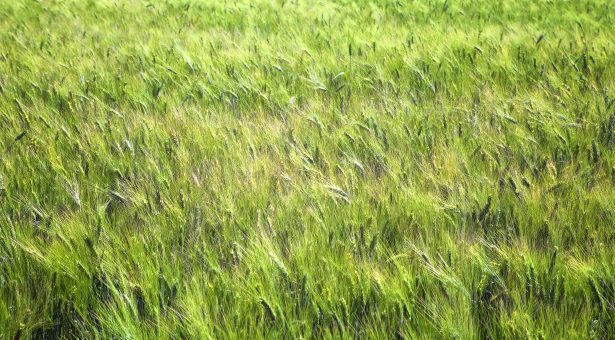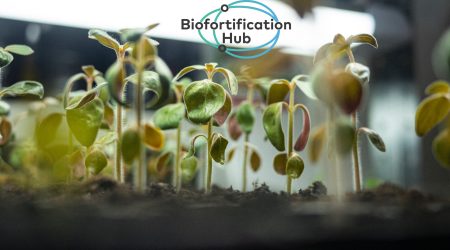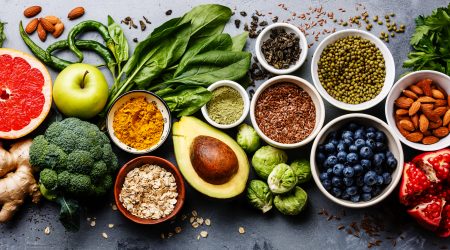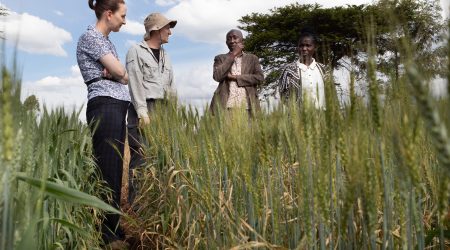Green revolution genes promise additional yield

Untangling the genetics that control and regulate the yield of a crop is a complicated, but potentially rewarding puzzle.
High-yielding dwarf varieties of wheat and barley were developed in the 1950’s and 60’s, during the “green revolution” when plant breeders selected for mutations that were short-stemmed.
Plants with shorter stems are less likely to fall over in the field, and as a result greater yields are harvested. These new variants, of crops such as barley, wheat, and rice had the beneficial shorter stems, but inadvertently also included another important trait that reduced the potential yield of the crop.
Professor Robert Sablowski and his team at the John Innes Centre study the role of DELLA proteins, which cause a range of growth responses in plants. It was mutations of the DELLA genes that the breeders of the green revolution were selecting for in their efforts to increase yield through reduced stem length.
Published today in Nature Plants, the research by Professor Sablowski’s team details how selecting the mutation for shorter stems also resulted in a smaller inflorescence meristem, the growth zone where flowers form. A smaller growth zone results in fewer flowers and seeds, a key factor in crop yield potential.
This DELLA mutation caused both the changes to the height of the crop and the size of the meristem, but the team shows how the effects can be separated.
Professor Sablowski explains why this is beneficial, “By separating the stem growth and meristem size effect we could unlock further yield increases in widely-used varieties, the ‘green revolution’ may not have yielded all its fruits.”
This breakthrough means that plant breeders can now select for new mutations that separate the desirable and undesirable traits conferred by DELLA proteins – short stemmed crop plants with larger meristems. Successfully selecting for both would increase the potential crop yield, helping to address global food security challenges.
An increasing world population means that research to increase the yield of global food crops continues, growing more with less is fundamental to the international food security challenge. This work enables crops to be developed to address this need.



